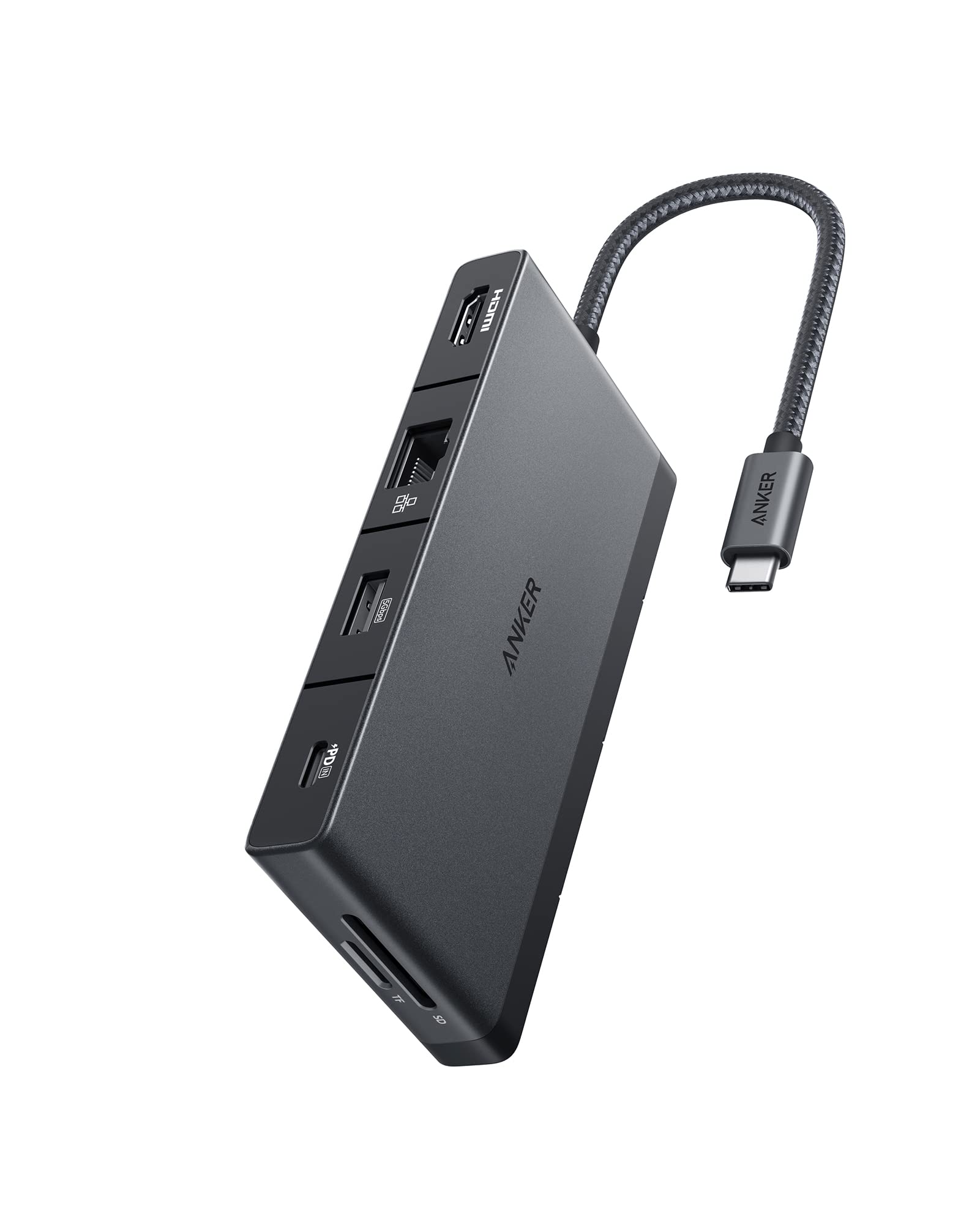If you plug a USB 3.0 hub into a USB 2.0 port, there are a few things to keep in mind.
Firstly, it's important to ensure that the USB 3.0 hub is backward compatible with USB 2.0 to avoid any potential compatibility issues. Assuming this is the case, the USB 3.0 hub should work properly when plugged into the USB 2.0 port.
Next, it's important to note that both the USB hub and any devices connected to it will operate at the slower speed of the USB 2.0 port. This is because USB 2.0 ports only support data transfer rates of up to 480 Mbps, whereas USB 3.0 ports can support speeds up to 5 Gbps. While this may not be an issue for some devices, it's worth considering if you need the full-speed capabilities of your USB 3.0 devices.
